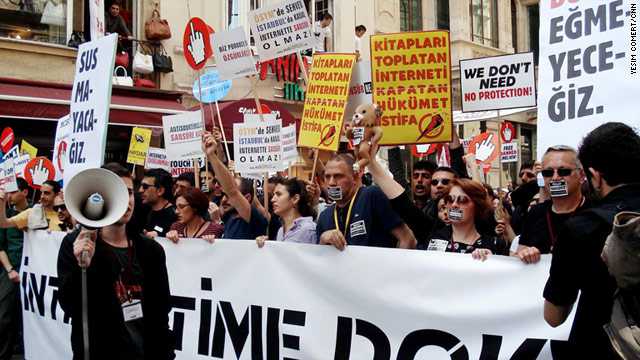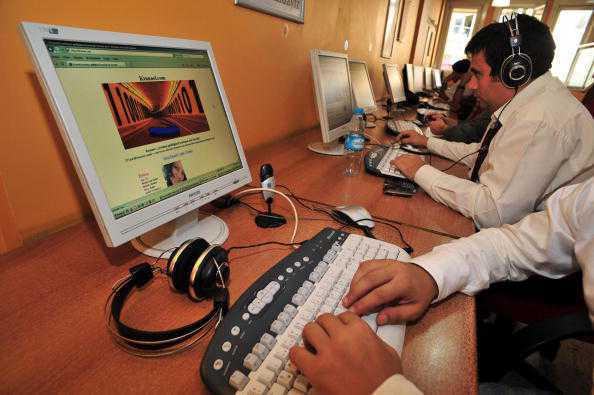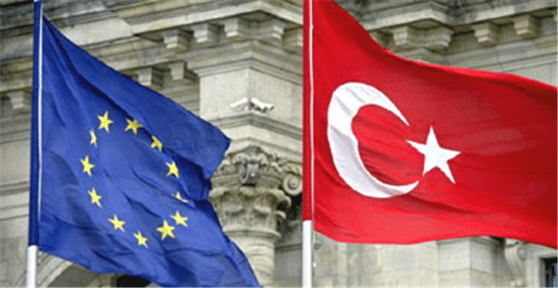Turks bid farewell to the Internet in the face of brutal censorship/surveillance law
Cory Doctorow
Turkey’s brutal new Internet law grants the Turkish Telecommunications Directorate the power to arbitrarily censor Web-pages to the individual URL level, much like the Great Firewall of China — meaning that specific articles that are critical of the state can be censored while leaving the remainder of the site intact. It criminalizes “harmful” Internet messages and hosting “harmful” content, and requires long-term data-retention by ISPs, meaning the state and police will be able to access records of your entire online activity. It will also mandate the use of deep packet inspection to detect and disrupt technologies for evading censorship and maintaining privacy.
The law was passed in a process rife with corruption, secrecy and other undemocratic irregularities. Turkey’s #OccupyGezi uprising galvanized a diverse opposition that took to the streets against corruption and repression, spread using the Internet. It documented police brutality that shocked the world and uploaded the videos to Youtube. As the forces of reaction and oppression in Turkey move to consolidate their power, it’s clear that this law is intended to prevent any further use of networks to organize and publicize opposition movements.
On Medium, Ahmet A. Sabancı has posted a poignant farewell to the Internet from Istanbul:
We, as people from Turkey, had a great time with you. You teach us so many things that we couldn’t learn from anywhere else. We had lots of great memories with you. You were always there whenever we needed you. But we have to say goodbye.
Turkish parliament passed the bill which is going to kill you. Maybe it’ll not kill you directly but you’ll be crippled and we can’t do everything we want together. There’s a little chance for you -presidential veto- but like I said, it’s a little chance.
I know you’re not ready for this but I have to tell you what will happen after tonight. I know hearing this will hurt you but you have to get ready for these. Because these seems inevitable.
via Turks bid farewell to the Internet in the face of brutal censorship/surveillance law – Boing Boing.






